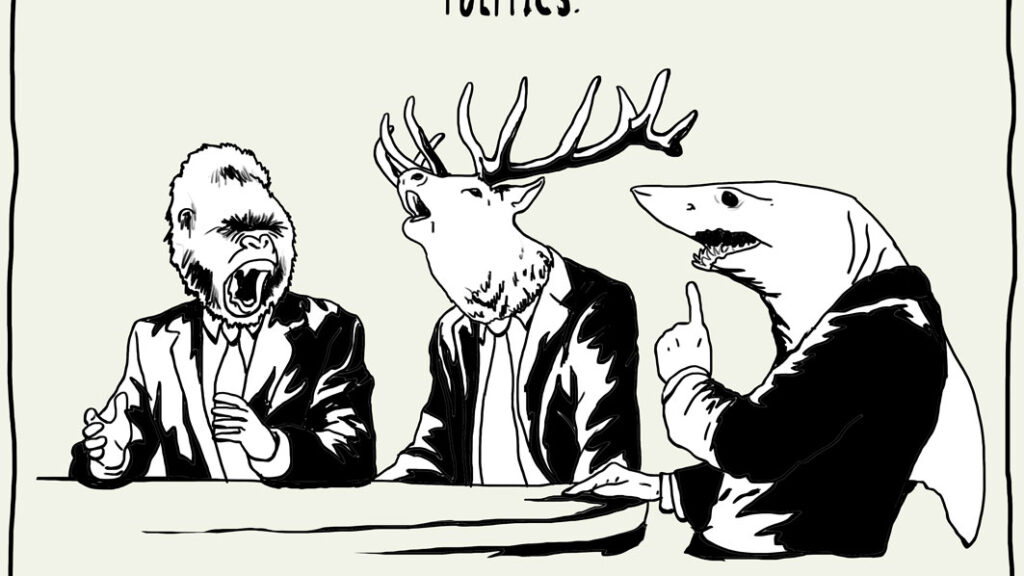In a day and age when information travels at warp speed and lives can be irrevocably changed by one photo or a single tweet, there was something poetic about the speed of the 2020 federal election. All the bandwidth and technology in the world couldn’t move it along any faster than it was going to go. The outcome was too precarious and the stakes were too high for anyone to make an honest call. And so we waited, and waited, for more information to come in.
It is moments like this that pierced through my own fourth wall and grabbed me tight around the chin, forcing me to face the greater collective storyline and apply it to my own. While the United States idled at a crossroads that led us toward two very different futures, I also stood at a major junction. There were two choices, and I needed to choose one. Each somehow felt both beautiful and awful, and yet the rest of my life hinged on this choice.
It was too close to call.
But life imitates life. For all the faults of that election and the missteps of all the people involved, there was one thing huge lesson to learn from it: when a decision remains unclear, it is because all the information has not yet arrived.
We have conditioned ourselves to think that when we are presented with a choice, our only options are to pick one or the other and to do it fast. But there is an ever-present third choice that often holds the most power — the choice to wait.
Waiting is itchy. It prickles at you like a stiff wool sweater on a frozen winter night. But to rip it off too soon is to expose yourself to the elements without having first found shelter. If only you could wait until dawn when the sun rises to light the way. Life might look a little different then, the two paths now illuminated, obstacles in clearer view.
So we waited. And I waited, itchy and squeamish, for the information to come in. Because the outcome was too precarious. The stakes were too high.
It was too close to call.
Coming September 6, 2022
May Cause Side Effects
Brooke’s memoir is now available for preorder wherever books are sold.
This is a heart-rending and tender memoir that will start conversations we urgently need to have. It’s moving and important.
Johann Hari, author of New York Times bestseller Chasing the Scream and international bestseller Lost Connections: Uncovering the Real Causes of Depression—and the Unexpected Solutions
More articles from the blog
see all articles
October 28, 2022


